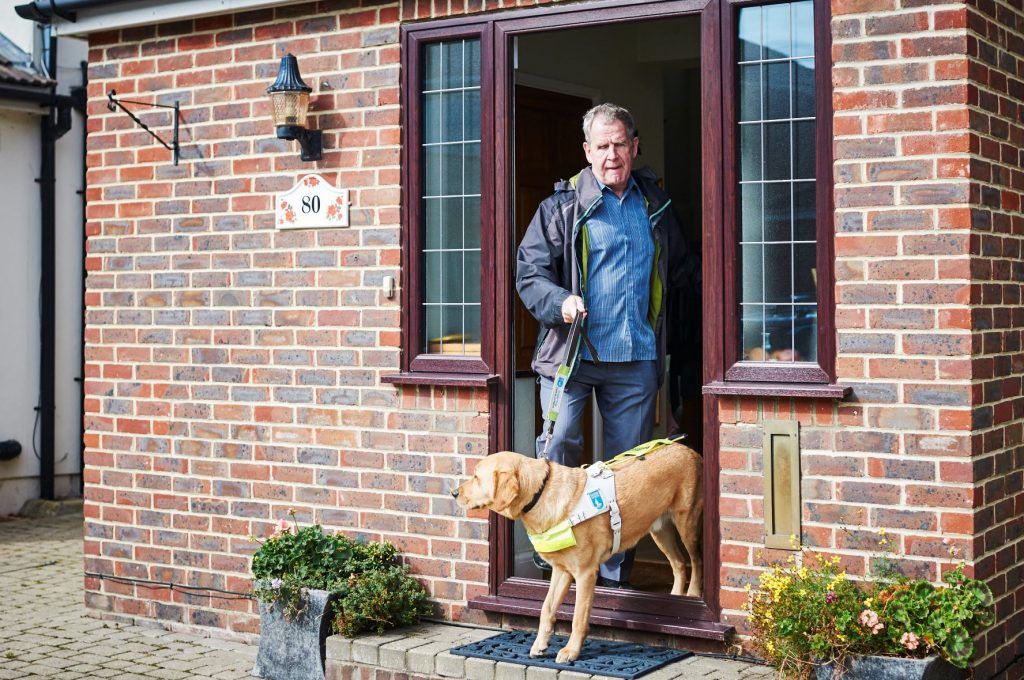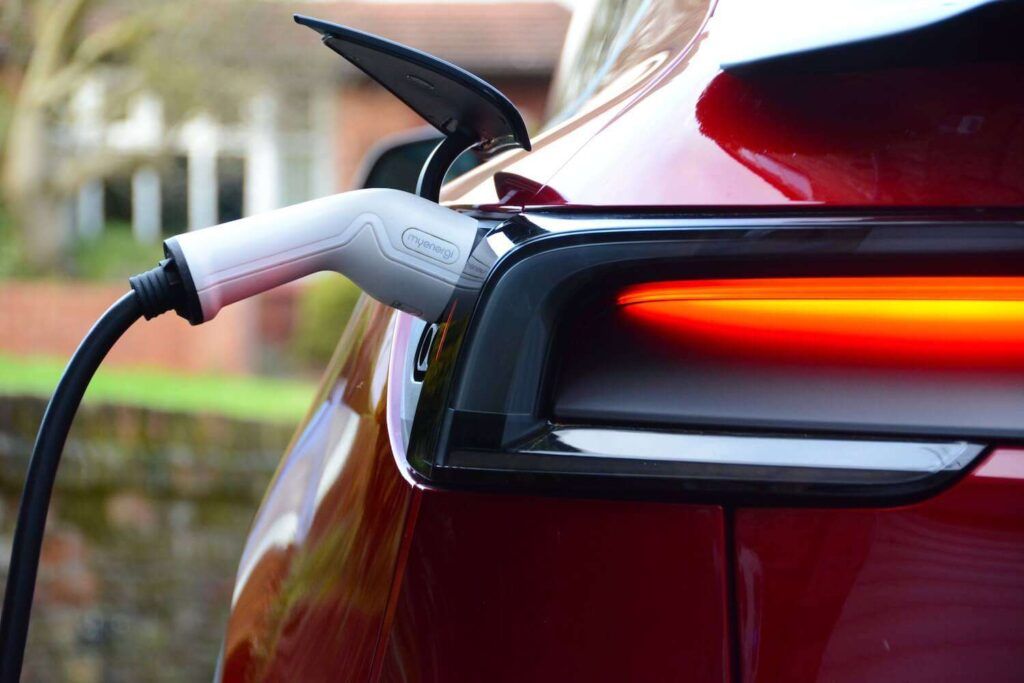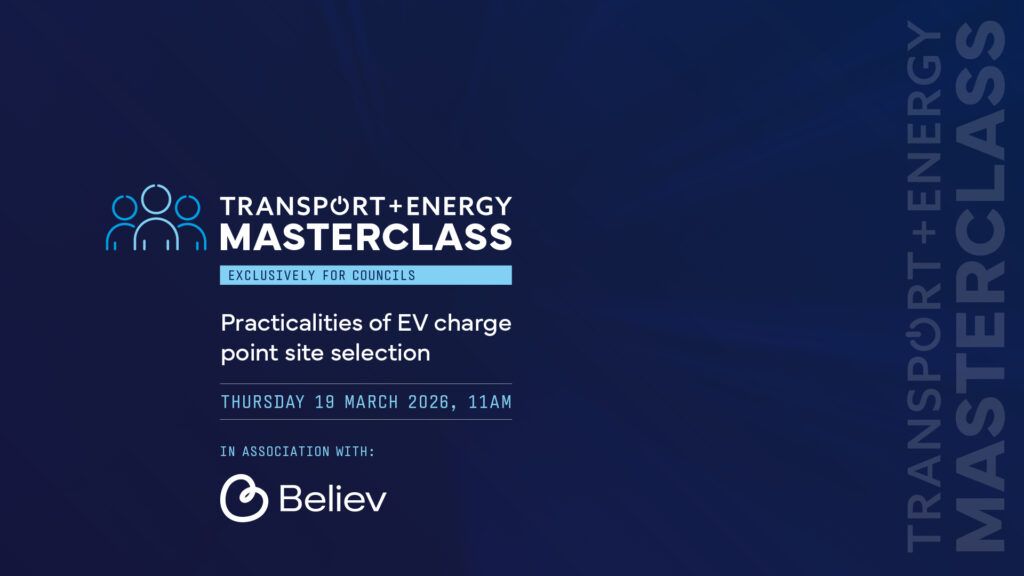Research published by RiDC (Research Institute for Disabled Consumers) has found that while 97% of disabled and older people in the UK are concerned about the environment, they experience barriers to making sustainable choices when it comes to transport, shopping, recycling and energy use.
RiDC is an independent, national charity and a leading expert in inclusive research with disabled and older consumers. They are run by and for disabled people and have a pan-disability consumer panel of over 2,500 people who take part in research.
Six in ten respondents (57%) felt excluded from being able to reduce their environmental impact when it came to using modes of transport that produce lower carbon emissions.
They cited poor accessibility and lack of staff awareness as barriers to using public transport while others were prevented from using electric vehicles because of the cost and a lack of accessible charging points.
Joanna, a research respondent from Oxfordshire, said: “It is frustrating. It is partly about cost (e.g an electric car, and electric bike) but also about poor planning with transport interchanges and public transport availability. It’s also a lack of training of transport staff with assistance.”
Joan, a research respondent from Glasgow, said: “I’d like to see it being made easier to recycle old clothing and household goods. I don’t drive or have access to a car, so cannot access recycling depots and previous collection services were stopped due to the pandemic. Likewise for charity shops. I would like to see the types of services reintroduced and expanded.”
While 93% of people said they attempted to be greener at home, 17% felt unable to contribute as much as they would like. Reasons included a lack of recycling information on packaging for visually impaired people, a reliance on pre-prepared ingredients because of difficulties chopping food and the amount of single use plastic used in medical equipment and medication.
The survey, which had 485 respondents across the UK, also asked for their views on what businesses, governments or organisations can do to help them reduce their impact on the environment.
Public transport was cited by many as an area for improvement in terms of accessibility – with respondents suggesting more electric charging points and ‘talking’ buses are accessible for wheelchair users. Others wanted to see more affordable, green alternatives for home energy, and to have clearer recycling schemes with use of braille labels for containers.
Gordon McCullough, CEO at RiDC, said: “We know that disabled people want to contribute in the fight against the climate crisis, but instead they are being further marginalised by barriers to sustainable practices, infrastructure and products. Even at COP26 we’ve seen a disabled person being excluded from entering due to a lack of consideration of their needs.
“If the UK government is really serious about reducing our impact on the environment, we need to make sure all our citizens are able to engage in sustainable practices.”
Image: courtesy RiDC












